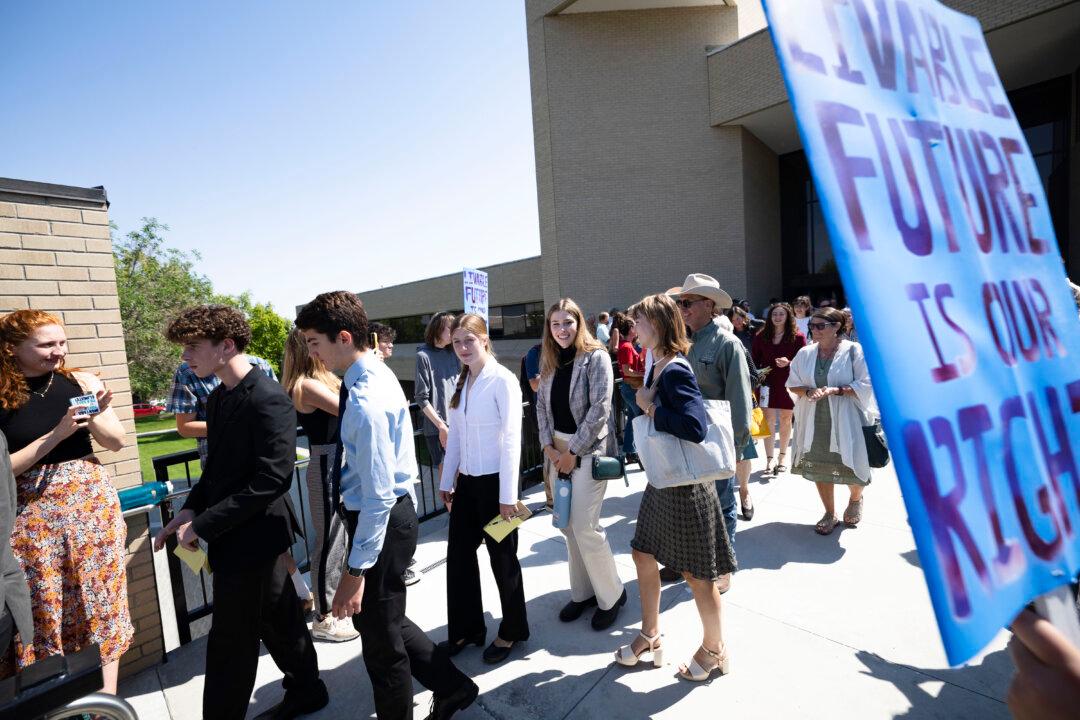Montana’s highest court on Dec. 18 ruled for climate activists, finding that the state violated residents’ constitutional right to a clean environment by permitting oil, gas, and coal projects without environmental considerations.
The ruling upholds a lower court decision, in which the judges found that activists have suffered past and ongoing injuries from the state’s failure to act on greenhouse gases and the climate.





